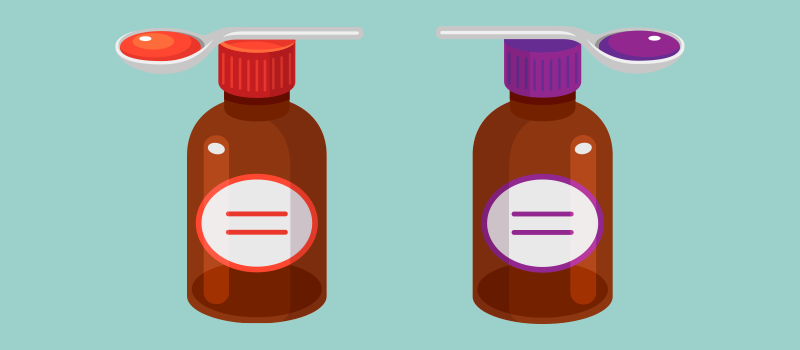Introduction
Promethazine is a medication primarily used to treat allergies, nausea and vomiting, motion sickness, and to provide sedation. It belongs to a class of drugs known as phenothiazines, which can also have antipsychotic properties, though this is not typically used for that purpose.
Common Uses:
- Allergies: It helps relieve symptoms such as runny nose, itching, and sneezing.
- Nausea and Vomiting: It can be used to prevent and treat nausea and vomiting related to surgery, motion sickness, or other conditions.
- Motion Sickness: It can help prevent and treat symptoms such as nausea and dizziness associated with motion sickness.
- Sedation: It is sometimes used as a sedative or sleep aid due to its calming effects.
Forms:
- Tablets
- Syrup
- Injectable form
- Suppositories
Common Side Effects:
- Drowsiness
- Dizziness
- Dry mouth
- Blurred vision
- Constipation
Serious Side Effects:
- Severe allergic reactions (e.g., rash, itching/swelling, severe dizziness, trouble breathing)
- Severe drowsiness
- Trouble urinating
- Hallucinations
- Seizures
Warnings:
- Promethazine should not be used in children under 2 years old due to the risk of severe breathing problems.
- Caution is advised when using in the elderly, as they may be more sensitive to its effects, particularly confusion and drowsiness.
- It can interact with other medications, so it is important to inform your doctor of all drugs you are taking.
FAQs
- What is promethazine used for?
- It is used to treat allergies, nausea and vomiting, motion sickness, and to provide sedation.
- How should I take promethazine?
- It can be taken orally in tablet or syrup form, injected, or as a suppository. Follow your doctor’s instructions regarding the dosage and frequency.
- Can I take it for a cold?
- They can help relieve symptoms such as a runny nose, sneezing, and itching, which are common in colds and allergies.
- Is promethazine safe for children?
- Promethazine is not recommended for children under 2 years old due to the risk of severe breathing problems. Always consult a doctor before giving it to a child.
- Can I take promethazine while pregnant or breastfeeding?
- You should consult your doctor before taking promethazine if you are pregnant or breastfeeding.
- What should I do if I miss a dose?
- If you miss a dose, take it as soon as you remember. If it is almost time for the next dose, skip the missed dose and continue with your regular schedule. Do not double the dose to catch up.
- Can I drink alcohol while taking promethazine?
- Drinking alcohol can increase certain side effects of promethazine, such as drowsiness and dizziness. It’s best to avoid alcohol while taking this medication.
- What are the common side effects of promethazine?
- Common side effects include drowsiness, dizziness, dry mouth, blurred vision, and constipation.
- What should I do if I experience severe side effects?
- If you experience severe side effects such as severe drowsiness, trouble breathing, severe dizziness, or a severe allergic reaction, seek medical attention immediately.
- Can promethazine interact with other medications?
- Yes, promethazine can interact with other medications. Inform your doctor of all the medications you are currently taking to avoid potential interactions.
Conclusion
Promethazine is a versatile medication used to manage symptoms of allergies, motion sickness, nausea, and to provide sedation. While it is generally effective and safe when used as directed, it is essential to follow your healthcare provider’s instructions and be aware of potential side effects and interactions with other medications. Always consult your doctor before starting or stopping promethazine, and report any severe or unusual side effects promptly. By understanding its uses, proper administration, and precautions, you can safely incorporate promethazine into your treatment plan when needed.


